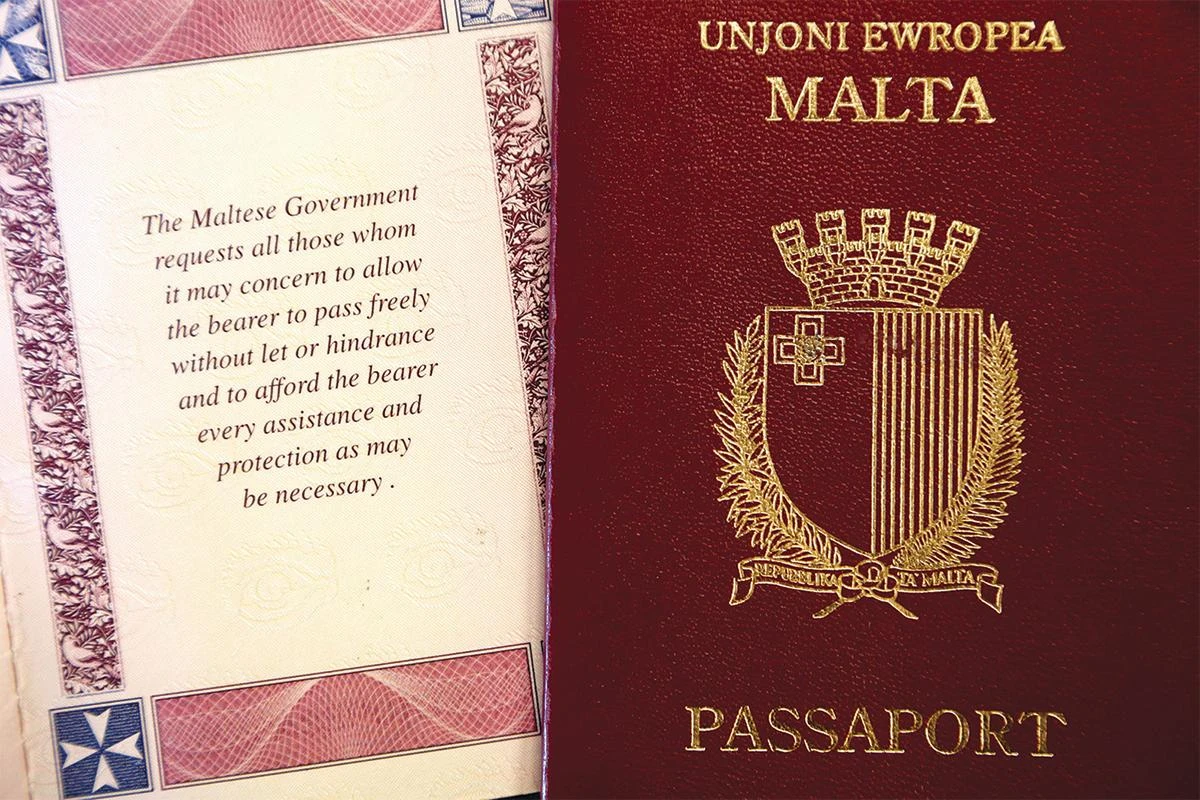Repubblika welcomes the decision of the European Court of Justice which confirmed what we have always said: that the sale of Maltese citizenship is wrong and illegal. As we have repeatedly said, and as the Court said today, citizenship represents the bond between citizens and their country, and because Maltese citizenship is also European it represents our solidarity with all other Europeans.
The sale of Maltese citizenship over the last ten years has represented us to the world as a country that only cares about money and that for us there is no other value in citizenship than how much we can profit from it. This is not the belief of someone who loves their country and embraces democratic values.
This Court decision is not a defeat for Malta. It is a defeat for the government that introduced and maintained this measure and ignored our reasoned protests and objections and those of many others in Malta and abroad.
We call for the immediate cessation of this infamous scheme.
We also call for a review of all citizenship granted under this scheme. The loyalty and belonging of these Maltese shams who bought citizenship should be assessed and those who have never set foot on our soil since we gave them our passport should have their Maltese citizenship revoked.
On the other hand, we reiterate the appeal that everyone born in Malta be recognised as its citizen.
And finally, we call for Constitutional amendments after effective consultation so that, as in the past, our Constitution clearly and irrevocably states what it means to be a Maltese citizen. The pact between citizens and the state must be rewritten and the values of belonging, solidarity and coexistence that the government wanted to forget and exchanged for thirty pieces of silver must be renewed.
We refer to the vile comments of Prime Minister Robert Abela who yesterday anticipated this decision and said that because of it, the charities that were given money that the government made from the sale of passports will suffer. The government has ethical and social obligations to protect the welfare of everyone, particularly those who suffer the most. As long as the government is delegating responsibilities that are in reality its own to volunteers, its duty remains to ensure that public services remain well-funded.
This is why we have a welfare state: to ensure solidarity among us, that those who have more, pay to provide comfort to those who have less. We therefore advise the government that it is its duty not to punish those in need because they are now prevented from making money from illegal and immoral activity.




